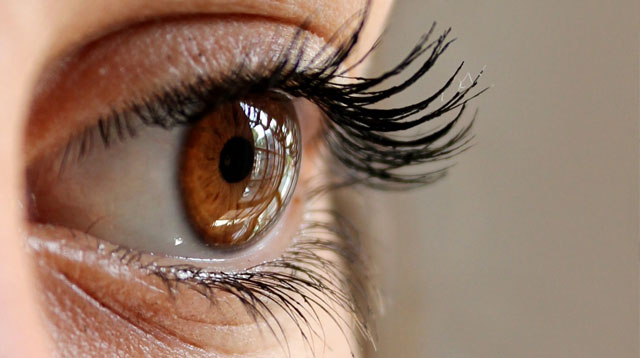
What You Can Expect After Surgery?
It is important for anyone considering LASIK to have realistic expectations.
LASIK allows many people to perform most of their everyday tasks without wearing corrective lenses. However, those hoping to achieve perfect vision and become completely free of the need to wear eyeglasses or contact lenses run the risk of being disappointed. Everyone develops the need to wear reading glasses in their 40s or 50s due to presbyopia. If your vision is fully corrected for distance with LASIK, you will need reading glasses to correct for presbyopia once it has developed. If you are nearsighted and do not yet need reading glasses, having LASIK may mean you will need reading glasses at an earlier age than had you not had laser eye surgery.If you are having LASIK over the age of 40 and are interested in correcting your presbyopia (i.e., decreasing your dependence upon reading glasses), you may want to consider a strategy called monovision. This technique corrects your vision to allow for near or intermediate vision in one eye and distance vision in the other eye. This means that each eye is working independently instead of together. For monovision, your dominant eye — the one you would use to look into the viewfinder of a camera — would become the distance eye and the other would be used for near vision. With this technique, the brain learns to adapt to eyes set to focus at different distances. Not everyone is comfortable with this difference in focus, especially those who spend a lot their time playing sports or do a lot of night driving. However, many people find they adapt well to monovision when they try it out first, using contact lenses, before having LASIK. In fact, many preop LASIK patients over 40 are already using monovision with their contact lenses to decrease their dependence upon reading glasses, and are comfortable with it. Contact lenses are actually the best way to demonstrate monovision before surgery, as they most accurately replicate what the patient will see after surgery. Nevertheless, some patients respond so positively to a “monovision demonstration” with trial frames (spectacles) during the preoperative evaluation that a contact lens trial is not necessary.
If 20/20 vision is essential for your job or leisure activities, consider whether 20/40 vision would satisfy you. More than 90 percent of people who have LASIK achieve somewhere between 20/20 and 20/40 vision without eyeglasses or contact lenses. Also, you would need to be comfortable with the possibility that you might need a second surgery (“retreatment”) in order to attain your desired results, or that you might need to wear glasses for certain activities, such as reading or driving at night. The greater your refractive error (that is, the greater your nearsightedness, farsightedness or astigmatism, or combination of these conditions), the more likely you would require retreatment or glasses.
It is important to discuss your lifestyle, including your work and recreational and leisure activities, with your prospective surgeon before deciding to go ahead with LASIK. Some work, sports and other activities are not compatible with LASIK.
Frequently Asked Questions ?
Many patients comment on how surprised they are of not feeling pain with their LASIK surgery. Anesthetic drops are used to fully numb the eye before LASIK eye surgery begins; during the laser correction you may feel a light pressure sensation around your eye. Prior to surgery you may be given a mild sedative to help you relax. After your laser eye surgery, your eye may feel a bit irritated for a few hours, but most patients are quite comfortable after taking a short nap. You will be prescribed drops for your eyes to provide comfort and healing in the days following your surgery.
There are some minimal restrictions in the first weeks following laser surgery, but many LASIK patients are able to resume normal activities the following day! Vision corrective results from LASIK surgery are typically very rapid and many patients are able to see clearly 24-48 hours after surgery. Further vision improvement may continue over several months. Your doctor will recommend avoiding certain activities, like swimming or contact sports for several weeks.
Yes. Most patients find it much more convenient to have both eyes treated on the same day.





©Microclouds 2018 . All rights reserved By Ivision Eye Hospitals.



